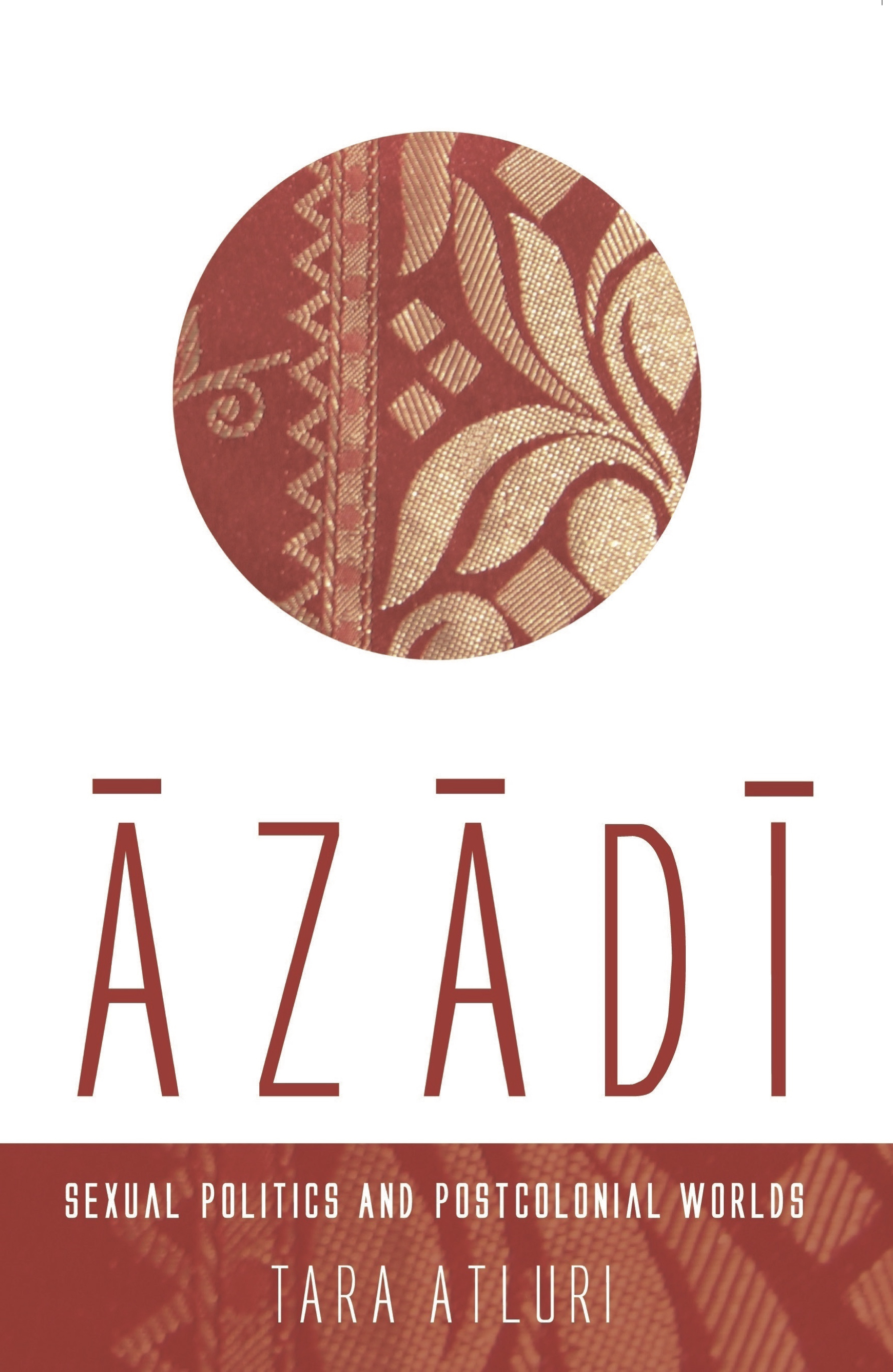
Price: $34.95
Page Count: 358
Publication Date: February 2016
ISBN: 978-1-926452-99-9
“Atluri provides a stunning contrapuntal analysis of gender and sexuality at the crossroads of feminist, queer, transnational, and postcolonial studies. Focusing on the political resonances across multiple sites of gender and sexual regulation, the author makes a compelling case for ‘precarious feminism’—as a critical response to postcolonial nationalism, global neoliberalism, and Western discursive hegemony. Atluri opens up the concept of ‘Āzādī,’ through a rich and constant scrutiny of what we have come to know as ‘gender’ and ‘sexual’ politics. Āzādī challenges us to recognize ourselves in this global reconfiguration and promises nothing but an ever-contingent political field for thinking beyond the powerful fictions of neoliberal modernity.”
—Amar Wahab, Coordinator, Sexuality Studies Program, School of Gender, Sexuality and Women’s Studies, York University, Canada
“Āzādī offers impressive insights into the interlinkages between, and nature of, gendered violence, activism, and neoliberalism in contemporary India, including a compelling exploration of the ongoing role of colonialism in shaping the nature (and horrific extent) of embodied violence in contemporary India.”
—Deana Heath, Department Director of Post-graduate Research, Department of History, University of Liverpool
Introduction
Āzādī: “Out of Relative Opacity”
Section One:
In Theory.
Chapter One:
Can the Subaltern Tweet?
Technology and Sexual-Textual Politics
Chapter Two:
Sex in the City Jail
Trans/national Movements for Gender Justice
Chapter Three:
Jail Bait
Legalizing Desire or Desiring Outside of the Law?
Chapter Four:
Cars, Colonies, and Crime Scenes:
Space, Gender, and Violence
Section Two:
In the Streets.
Chapter One:
“Love begins here.”
Diamonds and the Minefields of Romance
Chapter Two:
Haunted Citizens
Ghosts That Cross Borders
Chapter Three:
A Jewel in the Crown
Capital, Labour, and Protest
Chapter Four:
Red Lips, Red Lights, and Scarlet Letters
Trans/lations of Desire in Neoliberal India
Chapter Five:
Between “Holy” Wars, Hyenas, Hyundai civics, and a Hijra
Postcolonial Masculinities
Conclusion
A Conclusion on the Idea of Conclusions
Tara Atluri has a PHD in Sociology. Between 2012-2014 she held the position of post-doctoral researcher with Oecumene: Citizenship After Orientalism at the Open University in the United Kingdom. She joined Oecumene as part of a project funded by the Social Sciences and Humanities Research Council of Canada. During her time as a post- doctoral researcher, she conducted research in India regarding the 2012 Delhi gang rape protests and the 2013 protests that followed the decision by the Supreme Court of India to uphold Section 377 of the Indian penal code, criminalizing diverse enactments of sexuality in the Indian subcontinent. The protests that emerged were remarkable examples of postcolonial sexual politics that inspired the writing of this book.


